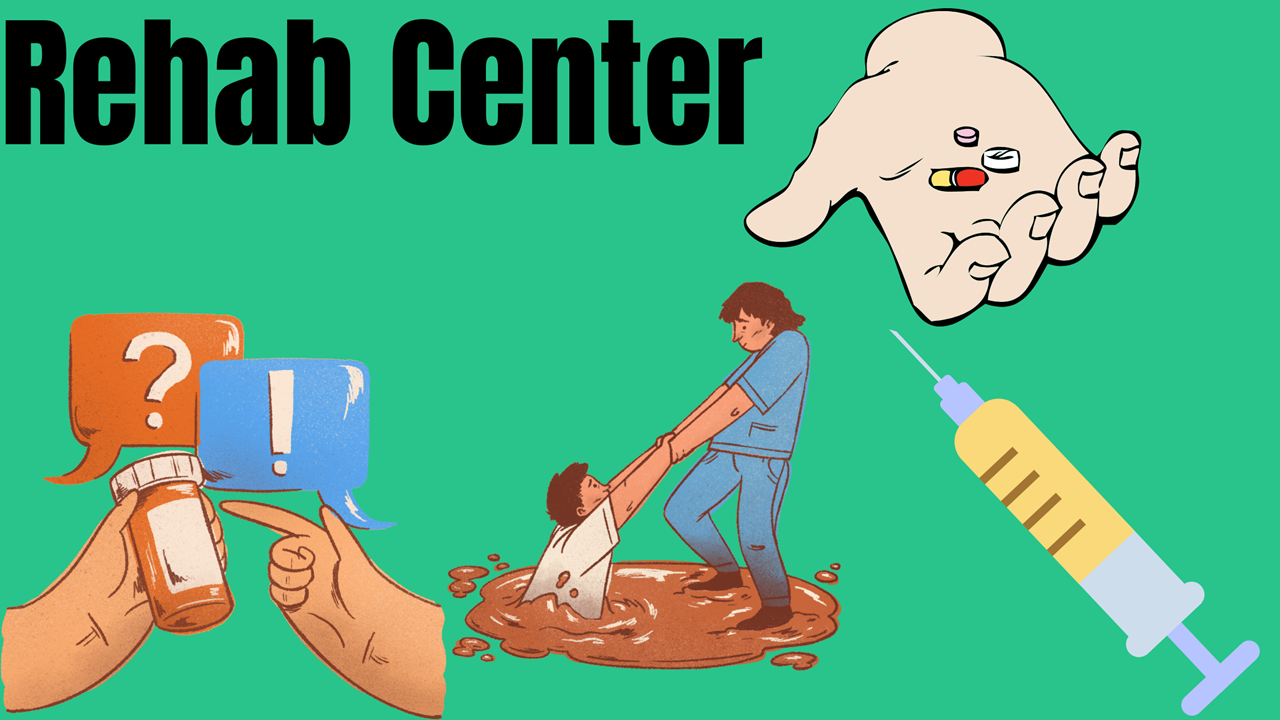Alcohol abuse can have serious consequences on both physical and mental health. One of the most severe complications of long-term alcoholism is a condition known as “wet brain,” or Wernicke-Korsakoff syndrome. This condition, characterized by neurological damage caused by thiamine (vitamin B1) deficiency, can lead to significant cognitive impairment and memory loss. Recognizing the symptoms of wet brain is crucial for early intervention and treatment. In this guide, we’ll explore what wet brain is, its symptoms, and how to seek help if you or someone you know is affected.
Understanding Wet Brain
Wet brain, or Wernicke-Korsakoff syndrome, is a neurological disorder caused by severe thiamine deficiency resulting from chronic alcohol abuse. Thiamine is essential for the brain’s function, and its deficiency can lead to significant damage to the brain’s structures, particularly those involved in memory and cognitive function.
Wet brain is actually a combination of two conditions:
- Wernicke’s encephalopathy: This acute phase of the disorder is characterized by confusion, ataxia (loss of coordination), and eye movement abnormalities. Without treatment, it can progress to Korsakoff syndrome.
- Korsakoff syndrome: This chronic phase is marked by severe memory loss, difficulty forming new memories, and confabulation (making up stories to fill in memory gaps).
Symptoms of Wet Brain
Recognizing the alcohol “wet brain” symptoms is crucial for early intervention and treatment. While the symptoms may vary from person to person, common signs of wet brain include:
Wernicke’s Encephalopathy:
- Confusion and disorientation: Individuals may have difficulty processing information and understanding their surroundings.
- Ataxia: Loss of coordination and unsteady gait, making it difficult to walk properly.
- Eye movement abnormalities: Rapid, involuntary eye movements or difficulty controlling eye movements.
Korsakoff Syndrome:
- Severe memory loss: Difficulty recalling past events (retrograde amnesia) and forming new memories (anterograde amnesia).
- Confabulation: Fabrication of stories or events to fill in memory gaps, often without awareness of the falsehood.
- Difficulty learning new information: Impaired ability to learn new skills or retain new information.
Other Symptoms:
- Vision changes: Blurred vision, double vision, or other visual disturbances.
- Weakness and fatigue: Lack of energy and general weakness.
- Loss of appetite: Reduced interest in eating or inability to eat.
Risk Factors for Wet Brain
Several factors increase the risk of developing wet brain, including:
- Chronic alcohol abuse: Long-term, heavy alcohol consumption is the primary risk factor for wet brain.
- Poor nutrition: Alcohol can interfere with the body’s ability to absorb nutrients, including thiamine, leading to deficiency.
- Liver disease: Alcohol-related liver disease can further impair thiamine absorption and increase the risk of wet brain.
Seeking Help and Treatment
If you or someone you know is experiencing symptoms of wet brain, it’s essential to seek medical attention promptly. Treatment typically involves thiamine supplementation to reverse the deficiency and support brain function. In severe cases, hospitalization may be necessary for intravenous thiamine administration.
In addition to medical treatment, individuals with wet brain may benefit from:
- Nutritional support: A balanced diet rich in thiamine and other essential nutrients can help support recovery.
- Cognitive rehabilitation: Therapy and cognitive exercises can help improve memory and cognitive function.
- Abstinence from alcohol: Stopping alcohol consumption is essential to prevent further damage to the brain and improve overall health.
Preventing Wet Brain
Prevention is the best approach to avoid the devastating effects of wet brain. Some strategies to prevent wet brain include:
- Moderate alcohol consumption: Limiting alcohol intake to recommended levels reduces the risk of developing alcohol-related disorders.
- Maintaining a balanced diet: Eating a diet rich in thiamine and other nutrients supports overall health and reduces the risk of deficiency.
- Seeking help for alcohol abuse: If you or someone you know struggles with alcohol abuse, seek help from a healthcare professional or addiction specialist. Treatment and support are available to help overcome addiction and prevent further complications.
Conclusion
Wet brain, or Wernicke-Korsakoff syndrome, is a serious consequence of chronic alcohol abuse that can lead to significant cognitive impairment and memory loss. Recognizing the symptoms of wet brain is crucial for early intervention and treatment. If you or someone you know is experiencing symptoms of wet brain, seek medical attention promptly. With proper treatment and support, individuals with wet brain can improve their quality of life and prevent further damage to their health. Remember, it’s never too late to seek help and make positive changes for a healthier future.

